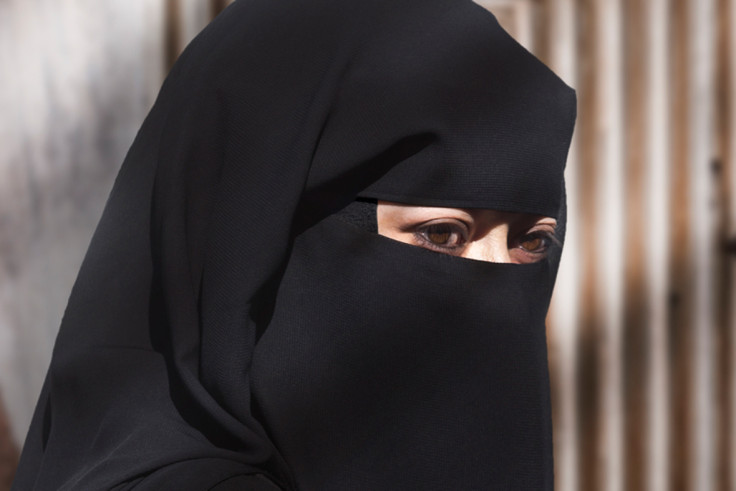The burqa is wrongly used to combat sexual violence - banning it won't solve that problem
As Angela Merkel calls for a burqa ban in Germany, the lives of Muslim women are once again an election issue.

On Tuesday at a conference for Germany's Christian Democratic Union, Chancellor and party leader Angela Merkel called for a ban on the full veil, or burqa, saying that it is "not acceptable in Germany". This was seen as a departure on her pro-diversity stance, and echoes what happened in France and the Netherlands with bans on burkinis and burqas respectively.
It's quite obvious that Merkel is reacting to the problems of integration and sexual violence in Cologne on New Year's reportedly brought about by the large scale immigration and presence of refugees. She was fearful that her open-door policy on refugees last year would harm her standing in the party before the German elections next year.
Her speech had the desired effect: she was re-elected leader of the CDU. Her endorsement of the ban on burqas brings her in line with her party's intentions to introduce a bill that will ban them in hospitals, schools, municipal buildings and transportation. Motorcycle helmets and balaclavas also fall under the ambit of this ban, but it's disappointing to yet again see the lives of women, especially Muslim women, made an election issue.
In many Muslim countries, women are raised to believe that protection from harassment and sexual violence comes through appropriate clothing which covers as much of the body as possible. Yet women know harassment and sexual violence take place no matter what a woman is wearing, especially when so much of that violence takes place within the walls of the home.
There are those who see the burqa or niqab as a symbol of empowerment. Some women in favour of burqas and niqabs argue that Muslim women have the right to deny access to their bodies to anyone they choose. They don't owe anyone the sight of their hair, face, or body shape. This is their way of controlling their sexuality and channelling who it's aimed at.
One may ask: why should anyone, even a Muslim woman, be allowed to hide herself and at the same time have visual access to everyone else? It should make us question what psychological need a woman has to do this – perhaps that she is so fearful of unwanted sexual aggression that this is the only way she can feel safe. Muslim women have yet to learn to navigate the world without fear and the belief that they must efface their physical existence completely in order to avoid censure and harm.
Muslim women have yet to learn to navigate the world without fear and the belief that they must efface their physical existence completely in order to avoid censure and harm.
As leader of one of the world's most powerful countries, Angela Merkel would do well to address the very real issue of gender-based, sexual violence, and whether it is perpetrated by refugees or not. She must bear in mind that Muslim refugee women are in extreme danger of sexual violence; they are the some of the most vulnerable people in the world. Many of them have adopted full burqas and face veils as a way of addressing that anxiety and vulnerability.
Rather than reacting to this phenomenon with hostility and trying to force them out of it, governments must work with communities to help these women feel safe in their new homes, and allow them the space to come to terms with their new environments. Then changes in clothing and in attitudes will happen organically. But this can only occur when European leaders resist the temptation to turn Muslim women into political props in order to gain votes in populist-driven political movements.
We must move beyond the paradigm of the Undressed/Dressed Woman, the patriarchal dynamic that keeps us distracted and disempowered.
Women are told far too often that our empowerment lies in taking our clothes off, or putting more on. But we must move beyond the paradigm of the Undressed/Dressed Woman, the patriarchal dynamic that keeps us distracted and disempowered. Only when we give clothes as much importance and attention as they deserve – as coverings to keep us warm and comfortable – will we be able to concentrate on fulfilling our destinies beyond objects; sexual, political, or otherwise.
Bina Shah is a writer based in Karachi, Pakistan. She is a frequent contributor to the International New York Times, the Dawn, Al Jazeera, and Newsweek Pakistan. Her novel, A Season For Martyrs, takes place in the last three months of Benazir Bhutto's life. Twitter: @binashah
© Copyright IBTimes 2025. All rights reserved.




















